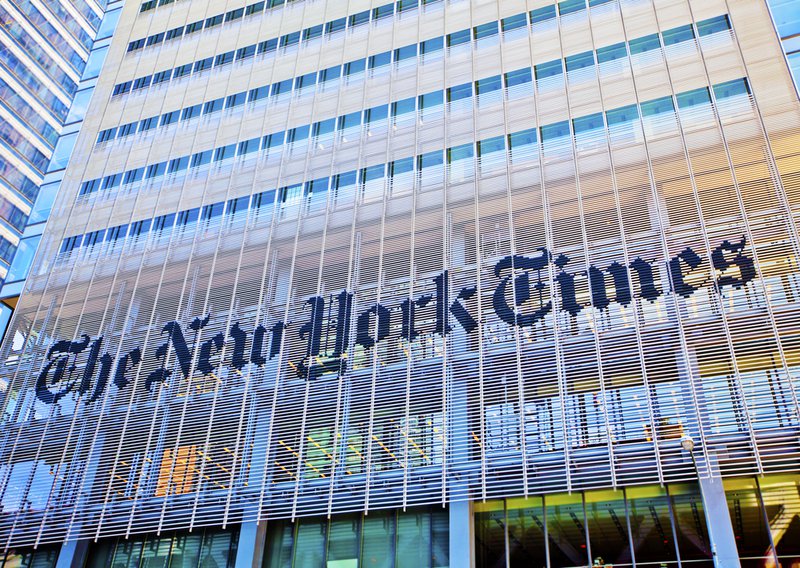‘The Strike’: When Collective Action Leads to Prison Reform
The film focuses on a series of hunger strikes organized by those incarcerated at California’s Pelican Bay State Prison, in protest of conditions in highest-security prisons.
In The News Piece in The New York Times

Stuart Monk / Shutterstock.com
Feb. 14, 2025
2024 New America Fellow JoeBill Muñoz's film, The Strike, was reviewed in the New York Times.
The word “solidarity” — basically, agreement between and support for members of a group — is not hard to define. But it can be hard to wrap your mind around, in a world more oriented toward personal development and individual success than the common good. People who are willing to sacrifice their own freedoms or bodily security for someone else are celebrated in our culture, but also viewed with a bit of suspicion. What game are you really playing? What do you actually stand to gain?
“The Strike” (on the PBS app and PBS YouTube channel), directed by JoeBill Muñoz and Lucas Guilkey, is on its surface a documentary about the practice of solitary confinement in America. It centers on a series of hunger strikes organized by incarcerated men at California’s Pelican Bay State Prison, beginning in 2011, in protest of conditions in highest-security prisons. This included protracted periods of isolation for individuals suspected of being in gangs, during which, inmates said, they were given inadequate food, denied meaningful contact with the outside world and held for periods that could last for decades. (Under the “Mandela Rules,” the U.N.’s standard for solitary confinement is 15 days; more time is regarded as a form of torture.)